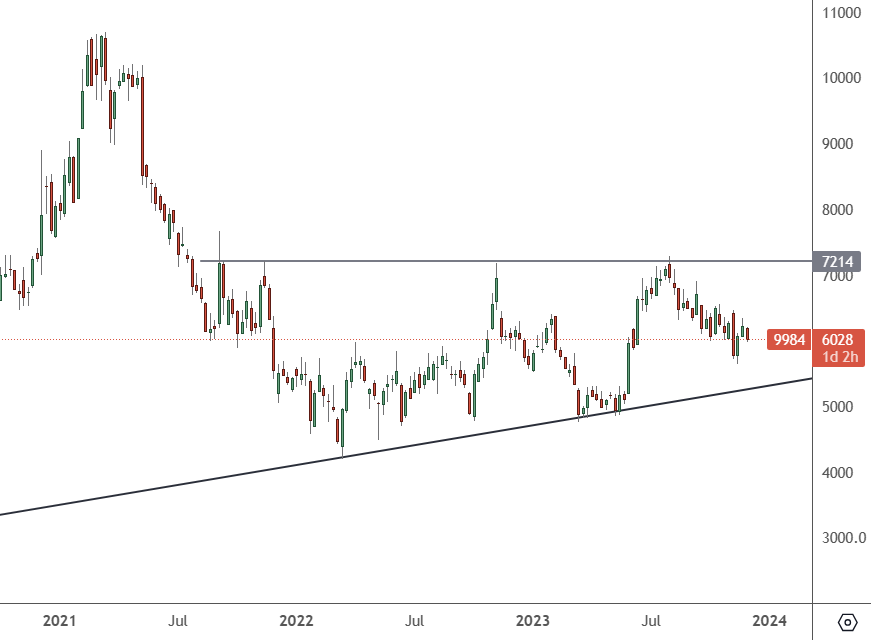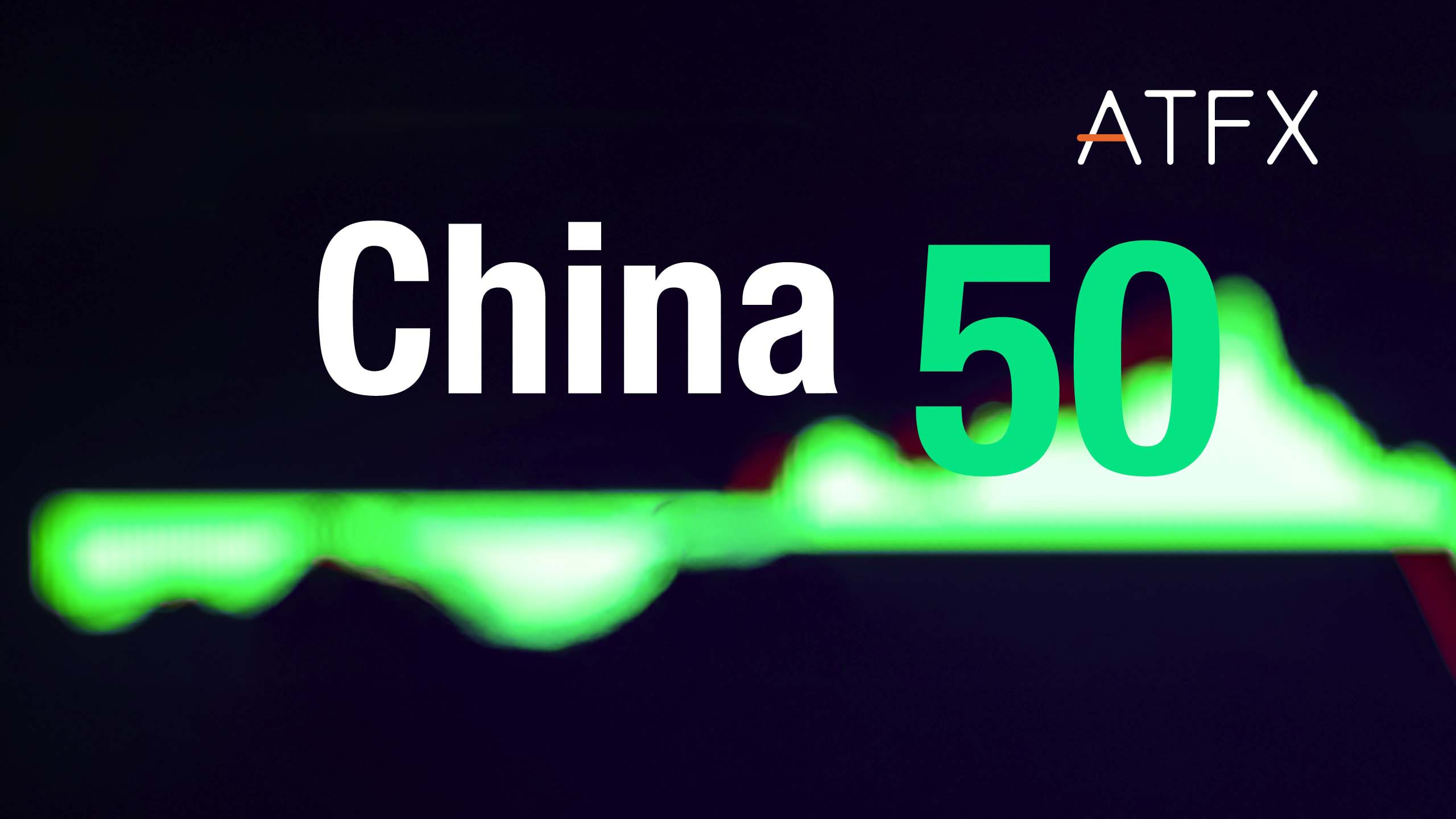Despite a run of bad headlines, including the collapse of WeWork, Karen See, manager of Baillie Gifford’s Japanese Income Growth fund, is still bullish on the firm.

9984 – Weekly Chart
Softbank has fallen from the heady heights of over 11,000 in 2021 and trades around 6,000. One problem with the outlook is that Japanese shares have soared in that time, and the company could struggle if the market weakens.
The company lost $6.2bn when WeWork filed for bankruptcy recently, in which SoftBank had invested since 2017. In 2021, it arranged a merger to take WeWork public. See supports SoftBank’s leader: “We think that Son, unlike some press coverage would have it, is one of the best capital allocators in Japan.” “He has actually made a lot of very good investments over the longer period,” she said. The tech investor is number five in the top holdings of See’s fund at 3.35% of the portfolio.
Softbank also took a big win with the IPO of the ARM UK chipmaker firm. Moody’s rating agency lifted its outlook on SoftBank after the IPO to stable from negative, saying the listing brings transparency to a more significant amount of the tech investor’s portfolio, which includes hundreds of startups. Standard & Poor’s also revised its outlook on SoftBank to “positive” after Arm’s IPO.
Another unicorn could come to the rescue in 2024, with food delivery giant Swiggy set to list on the stock exchanges in what will be one of the largest tech IPOs at around $1 billion. Softbank owns approximately 9% of the firm and will look to cash out at the IPO listing.
SoftBank’s Vision Fund I and II posted a cumulative loss of $5.2 Bn in the quarter ending September 2023, which marked the fourth straight quarter of consecutive losses. The company suffers from higher interest rates, which popped the valuation bubble for many startups.
The conglomerate will hope for interest rates to fall and credit conditions to remain liquid in 2024. If the Nikkei turns down from recent highs, it could also pressure the stock price in the year ahead.


